Registration and coffee
Opening panel: Power production and renewable energy
Latin America is a global leader in the renewable energy space as governments have set a 70% target of generating the countries’ total energy consumption from renewables by 2030, which would require rapid acceleration in the development of renewable generation projects. The region is ideally set up to take advantage of its excellent solar and wind resources, but the population is also expected to rise by 18% by 2050. This panel will discuss:
- How achievable is the 70% target and what investment and development is required to meet this target?
- What is the greenfield pipeline in the renewable energy space?
- Is there enough connectivity and storage to enable the energy sector to fully decarbonize?
- How will the region diversify from hydropower?
Networking break
Fireside chat: Green hydrogen – the future of energy exports?
Green hydrogen projects are growing at a rapid speed in LAC, not only in Chile, but also in Brazil, Colombia and Uruguay, chiefly targeting large-scale international exports. Among Latin America’s biggest projects include the USD 8.4bn Pampas green hydrogen facility planned for the Rio Negro province in Argentina, projecting to export by 2027. However, supply chain dependency and resiliency may affect Latin America’s ability to export to Europe, Asia and the USA. This panel will discuss:
- What is the pipeline for new green hydrogen projects? Where is investment being sourced from?
- What are the issues in supply chain resiliency and the macro-economic outlook for importers?
- How has the war in Ukraine affected prospects for exporting green hydrogen and ammonia to Europe?
- What ancillary infrastructure does LAC need to overcome to become the global green hydrogen exporter?
Panel: Investment opportunities in the energy transition and energy storage
Global emissions goals to achieve net-zero carbon emissions by 2050 presents challenges and opportunities to infrastructure developers and investors in Latin America. The International Energy Agency (IEA) estimates that emerging countries, including much of Latin America, will need USD 1trn per year between now and 2050 to finance their energy transition. According to the IEA, achieving that goal will require a prominent role for the private sector. This panel will discuss:
- How can governments make investment in the region’s energy transition more appealing to foreign investors?
- China invested USD 58bn in Latin America’s energy sector between 2000 and 2020, over 15% towards renewables. What will China’s role in investing in Latin America’s energy transition be?
- How will volatility in the region affect the cost of capital and renewable energy projects’ achieving investment and development?
- Should governments do more to support the energy transition such as offering subsidies or blocking private investment in fossil fuels?
Lunch
Panel: Infrastructure investment opportunities in Brazil, post election
Foreign infrastructure investors’ confidence in Brazil’s business environment has been booming in recent years, particularly in the transportation and sanitation sectors. Following the recent elections, investors are curious to know whether the country will continue to provide the large-scale investment opportunities as it has in recent years. This panel will discuss:
- How have investors handled the political upheaval and uncertainty in Brazil?
- Have recent governments decreased barriers to entry enough for foreign investors?
- What are the tender opportunities for public-private partnerships (PPPs) under the new government?
- What role will the private sector play in infrastructure and energy development under the new government?
Panel: How to ride the turbulence in Mexican energy markets
Mexican President Andrés Manuel López Obrador failed to pass his energy counter-reform in early 2022, which provided some relief for private actors in the Mexican energy sector. However, experts expect new power projects to continue to face headwinds when attempting to obtain permits due to bureaucratic obstacles and investment has slowed since the days of the renewable capacity auctions, creating much uncertainty. This panel will discuss:
- How will lower courts’ discretion to resolve injunctions affect legal uncertainty and future investment in the power sector?
- Despite failing to pass his ‘counter-reforms’, will CFE be able to maintain a market share of 54% . How CFE’s prominence affect Mexico’s goals to reach net zero carbon emissions by 2050?
- What trends are we seeing in PPA and spot prices and how is this affecting financing?
- Where will investment come from for the power expansion required to meet demand if the CFE alone cannot support Mexico’s total investment requirements?
Panel: Is Latin America ready for the next generation of transportation?
A new USD 1bn commitment from investors to deliver zero-emissions buses in Latin America was announced at COP26 in late 2021. Smart highways and EV charging stations are being rolled out globally, but is Latin America ready to implement this new technology and does it serve the immediate needs of the region? An increase in both cargo and passenger rail services are included in most countries’ infrastructure plans, but how can international investors access these opportunities?
- How have investors and developers delivered on their commitments so far? How has private investment improved transportation infrastructure to date?
- What transportation projects are in the LAC pipeline?
- What is the commitment from governments to support investing in the sector?
- Which new technologies could we see implemented in the next generation of Latin American transportation projects?
Case study: Origo Energia
Origo Energia is a pioneer in the solar distributed generation sector in Brazil. The company’s innovative subscription-based business model enables client savings and facilitates the use of clean energy in the country. The company already serves more than 50 thousand customers with an installed capacity of more than 150 MWp operating from its solar farms in the states of Minas Gerais, Pernambuco and São Paulo.
Networking drinks
Confirm cancellation
An error occurred trying to play the stream. Please reload the page and try again.
CloseSign-up to join the ION Analytics Community to:
- Register for events
- Access market insights
- Download reports





 play_arrow
play_arrow






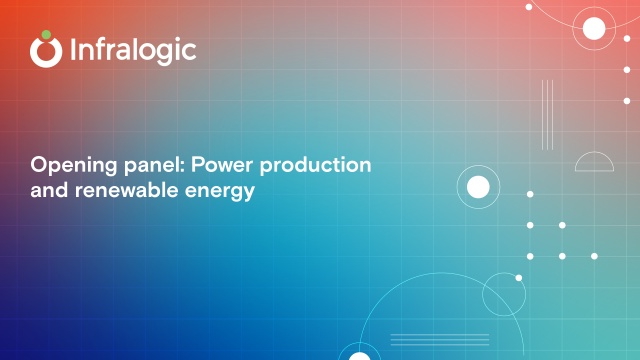 play_arrow
play_arrow



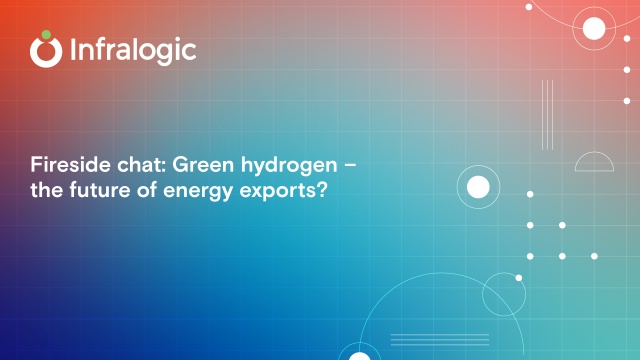 play_arrow
play_arrow




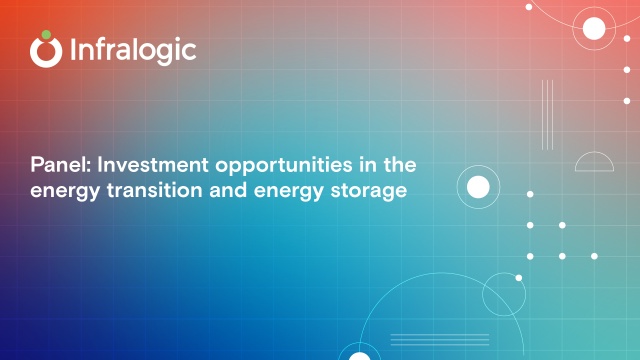 play_arrow
play_arrow

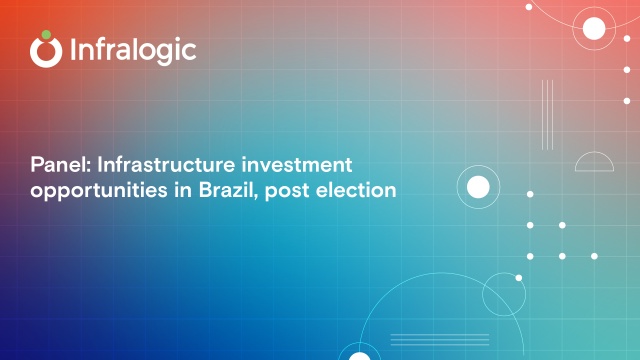 play_arrow
play_arrow



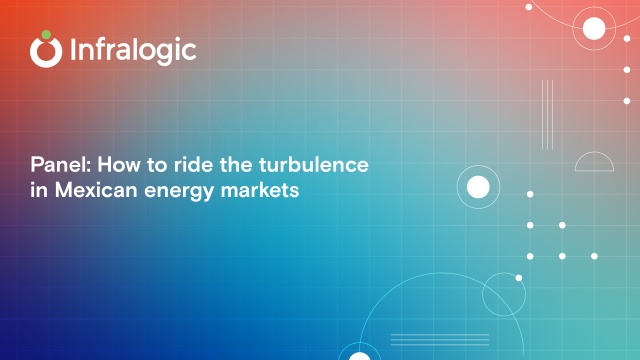 play_arrow
play_arrow




 play_arrow
play_arrow

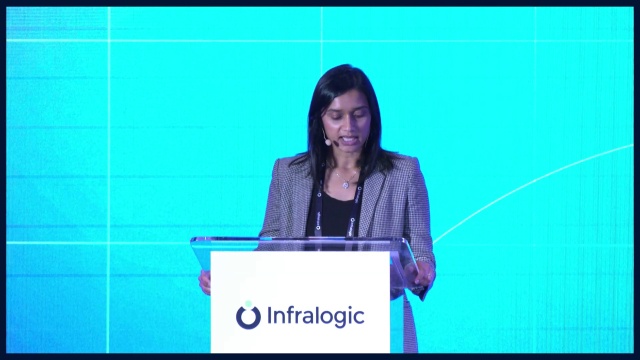 play_arrow
play_arrow




















